Beta carotene is perhaps the best known among approximately 50 known carotenoids. It is a pro- vitamin A compound that can be converted in the body into retinol, an active form of vitamin A. Beta-carotene is a natural pigment that produces flowers in orange and yellow and therefore most of the foods containing it are in these colors .
Functions of beta carotene
Prevention of Vitamin A Deficiency - foods that contain beta-carotene help prevent deficiency of vitamin A. In addition to the alpha carotene and beta-cryptoxanthine, beta-carotene is among the most commonly consumed carotenoids in different types of diets.
Antioxidant and immune activity - beta-carotene helps in the fight against cancer and is a compound used in anti- aging . It is a powerful antioxidant that protects body cells from damage caused by free radicals.
Promotes proper cellular communication - researchers believe that poor communication between cells may be one reason for the excessive growth of cells - a condition that eventually leads to cancer. By promoting good communication between cells, carotenoids play an important role in preventing cancer.
Beta carotene supports reproductive health – many believe that it has an important part in the reproduction process among women.
Deficiency of Beta Carotene
Low intake of foods containing carotenoids such as beta-carotene is not known to directly cause disease or health complications, at least in the short term. However, if the intake of beta carotene and other carotenoids is too low, it can cause symptoms associated with vitamin A deficiency. In the long run, this low intake is associated with chronic diseases, including heart disease and various cancers.
For its part, the high intake of foods and supplements containing carotenoids is associated with toxic side effects. Excessive consumption of beta-carotene creates a yellowish color, which most often occurs on the palms of hands and soles of the feet. This condition is called carotenodermia and is reversible and harmless.
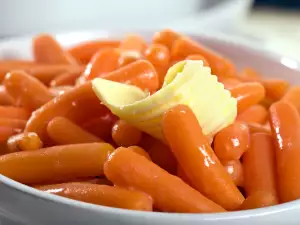
Benefits of Beta Carotene
Carotenoids such as beta carotene are substances thet dissolve fat and as such requires the presence of dietary fat for proper absorption through the digestive tract. Therefore, the status of beta-carotene in the body can be disturbed by a diet that is extremely low in fat, or if you have a disease that causes reduced ability to absorb dietary fat by pancreatic enzyme deficiency, Crohn's disease , cystic fibrosis, surgical removing of part of the stomach, gallbladder, and liver disease.
It was found that smokers and people addicted to alcohol consume less foods that contain carotenoids. It is also shown that cigarette smoke destroys the carotenoids. This leads to the need for these people to obtain the necessary amounts of beta-carotene and carotenoids with different foods and supplements.
Medicines to lower cholesterol associated with isolation of bile acids, lead to lower blood levels of carotenoids. Also, some foods such as margarine enriched with plant sterols and fat replacers that some snacks add – in may reduce the absorption of carotenoids.
Carotenoids are essential for human health and help prevent many diseases such as AIDS, diseases associated with age-related macular degeneration, angina, asthma, cataracts, cancer of the cervix, cervical dysplasia, heart disease, cancer, laryngeal cancer, lung, male and female infertility, osteoarthritis, pneumonia, prostate cancer , rheumatoid arthritis , skin cancer, vaginal candidiasis and others.
Sources of Beta Carotene
Beta carotene is found in various foods, including sweet potatoes, carrots, cabbage, spinach, green turnip greens, winter squash, cilantro, fresh thyme, cantaloupe, lettuce, and broccoli. These foods should be eaten raw or lightly steamed to preserve their carotenoids. In some cases, however, cooking can improve the availability of carotenoids in foods. For example, sauté carrots and spinach, as this improves the body's ability to absorb carotenoids in these foods.
One needs to consume five or more servings of fruits and vegetables every day, as this makes for an intake for about three to six milligrams of beta-carotene.
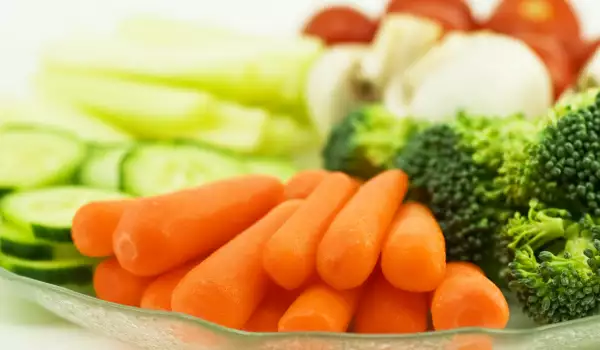
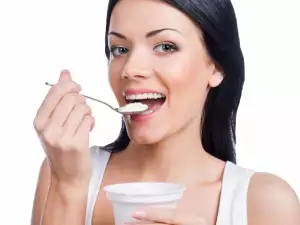

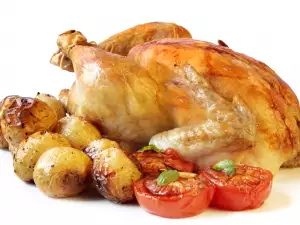

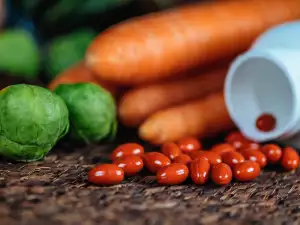
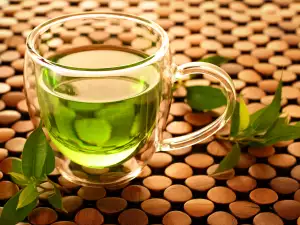
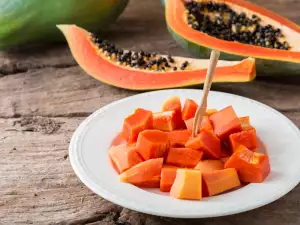








Comments